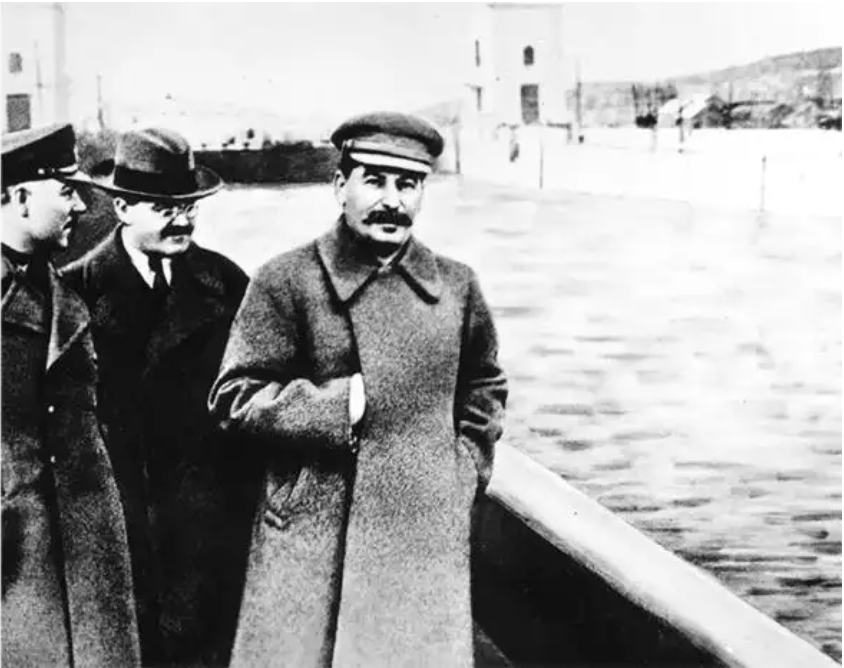Doing Historical Research,
Part One:
Asking the Right Questions

Finding a Topic
-
Build on research you've already done
-
Draw from your own interests or hobbies
-
Explore questions about current events
- Pay attention to your observations and surroundings
Remember! Everything has a history, so anything can be a historical topic.
Choose a topic that will keep your interest as we work through the process of doing humanities research.
Developing a Research Question
"Developing good research questions is an essential first step of every research project, because good research questions focus your work and provide direction for your next steps."
"A research question defines which data you need to collect and which methods you will use to access and analyze your documents."
Not focused: "How has Boston Commons changed?"
Focused: "How did Boston Commons change during WWI?"
I am studying ____________________
because I want to know ____________________
in order to help my readers understand ____________________.
Going with the flow

Digital Abundance?
This brings with it opportunity — imagine being able to search for keywords across millions of documents, leading to radically faster search times — but also challenge, as the number of electronic documents increases exponentially.
Historians have long relied on librarians and archivists to bring order to information. Part of their work has involved ethical choices about what to preserve, curate, catalogue and display and how to do so. Today, many digital sources are now at our fingertips — albeit in raw, often uncatalogued, format. Historians are entering uncharted territory.


Historical Deepfakes
Currency -- (timelines)
Relevance -- (importance)
Authority -- (source)
Accuracy -- (reliability)
Purpose -- (why does it exist?)